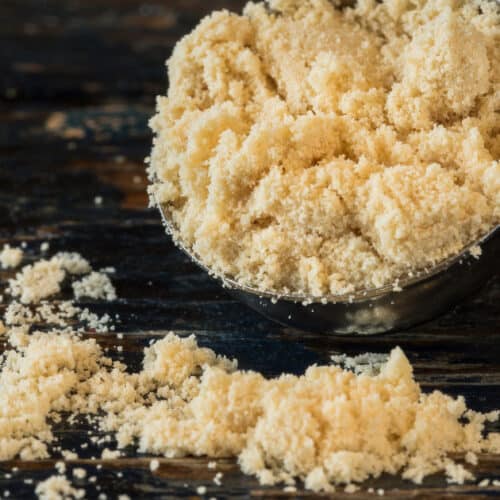
Malted Milk Powder Recipe
Making homemade malted milk powder involves just three simple steps:- Sprout grains- Dry sprouted grains- Grind dried grains into powder
Ingredients
To make homemade malted milk powder, you'll need:
- Whole grains for sprouting (barley or wheat berries work well)
- Water
For enhanced flavor, try sprouting organic whole grains. Barley malt will provide the richest flavor, while sprouted wheat has milder sweetness.
Instructions
Step 1: Sprout Grains
- Sprouting activates enzymes in the grains that will convert starches into sugars and create that distinctive malty sweetness.
- To sprout the grains:
- Rinse the grains and soak 8-12 hours or overnight.
- Drain the water and rinse grains twice daily for 1-3 days until small sprouts are visible.
- Once sprouted, drain the water and proceed to drying.
- Tip: Check grains daily and rinse gently to avoid breaking off sprouts. Tiny tail-like roots will emerge from one end when sprouts develop.
Step 2: Dry Sprouts
- Drying stops the sprouting action and preserves the malt enzymes and flavor.
- To dry:
- Drain sprouted grains well and spread evenly in a single layer on a baking sheet. Avoid overlapping.
- Dehydrate at 100-110°F for 12-24 hours until hard and dry, stirring occasionally. Use a dehydrator, oven, or even a sunny window.
- Check grains are rock hard when done; further drying preserves enzymes.
- Caution: Heat over 130°F can damage malt enzymes.
Step 3: Grind into Powder
- A fine, flour-like texture ensures the malt powder incorporates evenly into recipes.
- To grind:
- Transfer thoroughly dried sprouts to a blender or food processor.
- Blend or process in short pulses to a fine powder.
- Store powder in an airtight container in the refrigerator or freezer.
- And that's it - simple homemade malt powder ready for baking!
- Tip: For bread recipes using yeast, use a diastatic malt powder to provide active enzymes. Up to 5% malt powder relative to the flour weight is sufficient.